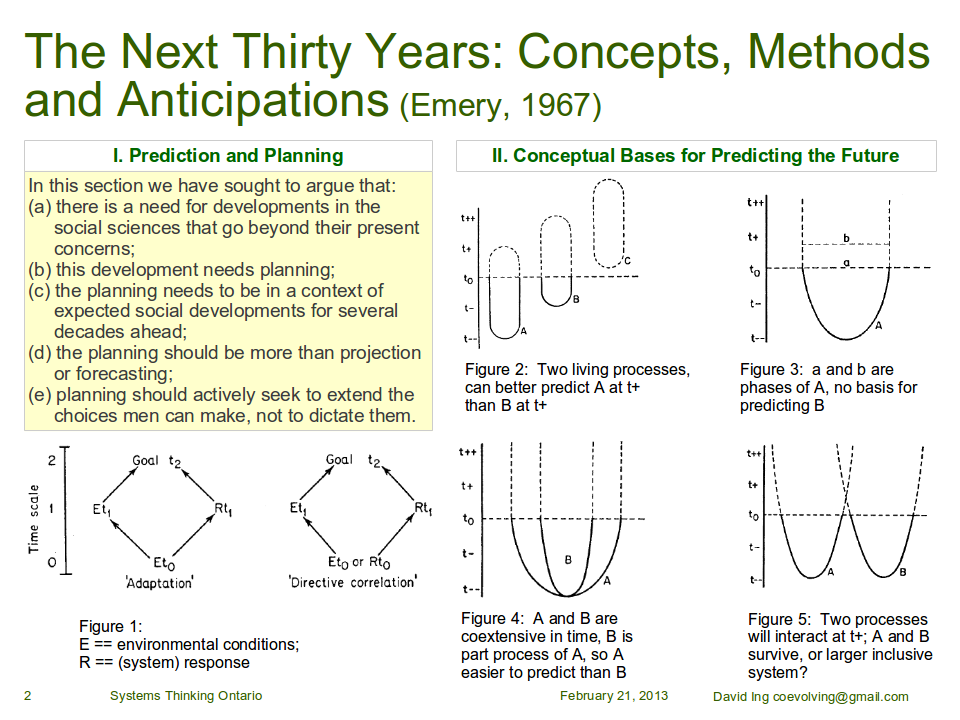At the Oxford Futures Forum 2014, hosted by the Saïd Business School, I was invited to be a participant in a generative dialogue. Each of the invitees was requested to submit a 250-word abstract and an image four months ahead of the event. In two days, we had three group discussion meetings, where individuals were free to go to other groups (or form new groups) according to the ideas emerging from the dialogue.
This event runs on the Chatham House Rule:
When a meeting, or part thereof, is held under the Chatham House Rule, participants are free to use the information received, but neither the identity nor the affiliation of the speaker(s), nor that of any other participant, may be revealed.
Further, in a generative dialogue, ideas flow and merge as participant learn from each other, so representations related to people outside of the involved group don’t get a full appreciation for the unfolding learning. Having been a participant in a series of prior IFSR Conversations that similarly focus on generative dialogue, any describing of the experience turns out somewhat inadequate. The most that can be related to others are “proceedings”, where some of the ideas in progress are captured. As a participant in Oxford Futures Forum, I was involved in three rounds of conversations, which can be roughly framed as:
- design and scenarios to instigate change (as an introductory clustering to start the first round);
- methods framing (as the emergent theme from the first round to go into a second round); and
- scenario-buffered design (as the label that was presented as the conclusion of the third round).
At the Oxford Futures Forum 2014, hosted by the Saïd Business School, I was invited to be a participant in a generative dialogue. Each of the invitees was requested to submit a 250-word abstract and an image four months ahead of the event. In two days, we had three group discussion meetings, where individuals were free to go to other groups (or form new groups) according to the ideas emerging from the dialogue.
This event runs on the Chatham House Rule:
When a meeting, or part thereof, is held under the Chatham House Rule, participants are free to use the information received, but neither the identity nor the affiliation of the speaker(s), nor that of any other participant, may be revealed.
Further, in a generative dialogue, ideas flow and merge as participant learn from each other, so representations related to people outside of the involved group don’t get a full appreciation for the unfolding learning. Having been a participant in a series of prior IFSR Conversations that similarly focus on generative dialogue, any describing of the experience turns out somewhat inadequate. The most that can be related to others are “proceedings”, where some of the ideas in progress are captured. As a participant in Oxford Futures Forum, I was involved in three rounds of conversations, which can be roughly framed as:
- design and scenarios to instigate change (as an introductory clustering to start the first round);
- methods framing (as the emergent theme from the first round to go into a second round); and
- scenario-buffered design (as the label that was presented as the conclusion of the third round).



